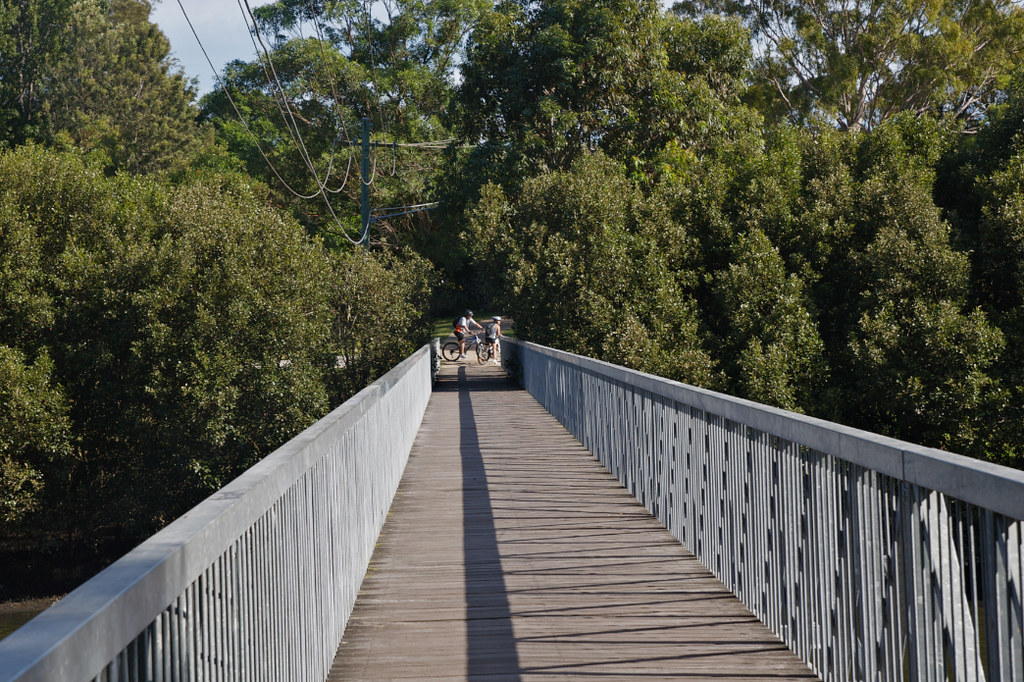I’m not posting one of those lists passed around the Intertubes. So you’ve all seen them and I’m certain you know what I mean. No Monkey’s Eyebrow or Turkey Scratch here. These are actual placenames that I’ve encountered as I’ve conducted the daily task of keeping Twelve Mile Circle current. They came from various sources as I researched articles or as I obsessed over reader statistics. As usual, I attempted to peer behind the curtain to understand the reasons for these gems.
Full
I noticed Full through Google Analytics. Somebody from Full landed upon 12MC and left behind a little digital footprint for me. Nothing more. Sure, whatever “Full” referenced in any one of Switzerland’s four official languages, whether German, French, Italian or Romansh, probably didn’t mean the same thing as English. Nonetheless the thought of a Full town made me smile. It could spark a lot of entertaining jokes.
Then a little digging determined that Google Analytics shortened it. Actually the full name was Full-Reuenthal. German Wikipedia mentioned that Full began as Wulna circa 1303-1307 and merged with Reuenthal in 1798 to form Full-Reuenthal. It further explained, “Dieser Ortsname ist von (ze) follinun abgeleitet, was auf Althochdeutsch «beim aufgeschütteten Boden» bedeutet”. Google Translate deciphered that as, “This place name is derived from (ze) follinun, which means to Old High German ‘during backfill soil’.”
During backfill soil? That didn’t make sense. I ran the identical phrase through several different translation websites and generated other possibilities.
- “with heaped upon the ground”
- “with heaped up the ground”
- “among the piled up ground”
- “at the bottom heaped-up”
- “for the deposited ground”
I don’t think that provided sufficient context to understand the Full meaning. Do we have any native German speakers in the 12MC audience who might be able to offer further clarity?
Hurlstone

Once again, Google Analytics hurled an interesting placename in my direction. A reader arrived from a spot identified as Hurlstone, in suburban Sydney, Australia. I could imagine residents dodging rocks as an unidentified malcontent lobbed missiles in their direction.
Google Analytics truncated the name in the reader log just as I’d observed with Full. The complete name was Hurlstone Park (map). I found an explanation of the name in the Dictionary of Sydney.
“In 1910 a new post office was approved for Fernhill, but the Postmaster General’s Department insisted that the name of the locality would need to be changed as there were already two post offices with that name, one in Victoria and one in Queensland. A local referendum was held in conjunction with a municipal election, the choice being between Hurlstone, Fernboro or Garnett Hill. Hurlstone was selected. This was the name of a college that had been founded by John Kinloch (on the site of today’s Yeo Park, south Ashfield) and given his mother’s maiden name.”
The surname Hurlstone “derived from a geographical locality. ‘of Hurlston,’ a township in the parish of Acton, Cheshire,” somewhere right about here. The original Hurlston placename seemed to have derived from “‘fenced farm’ from the pre 7th century Olde English ‘hurdl-tun’”
Fenced farm. So that was lame. It had nothing to do with hurling stones.
Tippity Wichity
I found Tippity Wichity Island while researching Saint Marys River. It was right there in the river channel outside of St. Marys City in Maryland. However, Tippity Wichity was also quite small and I figured little meaningful information existed anywhere on the Intertubes. Frankly, it surprised me to find an image, even if I couldn’t post it because of copyright restrictions. The island was rather modest.
Then I ran across an article, Ghosting Past Tippity Wichity [link no longer works but it was from the July 2001 edition of Chesapeake Bay Magazine] which provided an explanation for the unusual name.
“There, according to noted Potomac River historian Frederick Tilp, Howgate established ‘a gambling, drinking, and girlie place known as Happie Land and then altered the place name to a short version of Tippling-house and Witchery-house’-Tippity-Witchity. Eventually, the island itself took on the name, accommodating a lively trade with crews from schooners and cargo vessels who would visit for a little entertainment.”
Tippling houses specialized in liquor by the glass. Witchery House was an unfamiliar phrase to me although I could read between the lines, and assumed witchery probably referred to its alternate definition, “Compelling power exercised by beauty, eloquence, or other attractive or fascinating qualities.” rather than the actual practice of witchcraft. There was drinking and um, not witchcraft, happening on Tippity Wichity Island. Happie Land, indeed.
Walkaway
Walkaway Railway Station Museum, Walkaway, Western Australia
Why would someone walk away? That didn’t sound like an attractive endorsement for a town. I noticed Walkaway in Western Australia while working on Make Tracks to Midland. The Midland Railway Company operated a station here a century ago. Later the station later became a museum with railway artifacts, military items, and various local history selections.
I couldn’t find a definitive source for its name. Every website seemed to copy directly from its Wikipedia page and that source didn’t offer attribution either. Let me join the masses and spread the same statement in an entirely irresponsible manner: “Its name is a corruption of the native ‘Wagga wah’, referring to the bend in the nearby Greenough River.” It must be true because the Internet said so. Right?

Leave a Reply